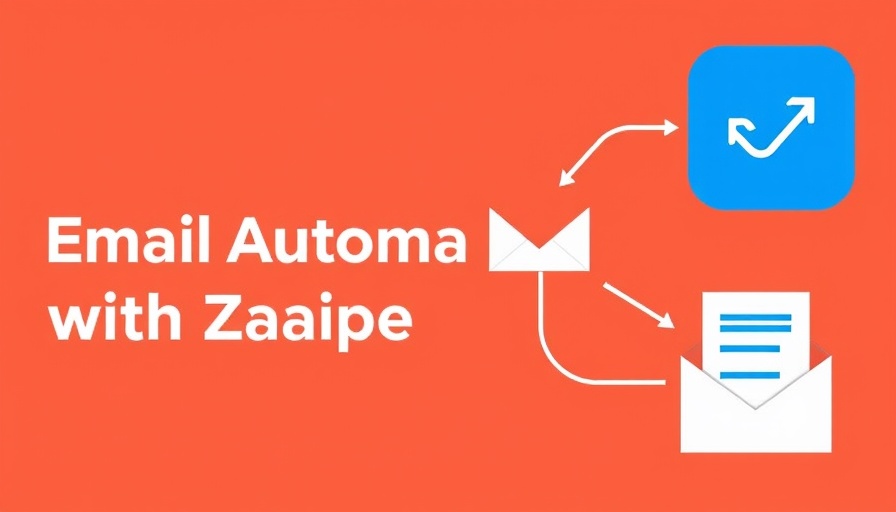
Understanding the New Sanctions and Their Impact on AI Solutions
As of September 12, 2024, Zapier will cease providing services to customers from sanctioned countries, a major move aimed at adhering to US regulatory standards. This decision affects businesses in Russia, Belarus, Iran, North Korea, Syria, Cuba, and the Crimea region, marking a significant step in the evolving landscape of global sanctions that directly impacts the deployment of technology solutions like AI chatbots.
For marketing professionals seeking to integrate advanced AI solutions such as custom chatbots into their workflows, this transition poses critical challenges and considerations. A shift in service availability not only limits the use of innovative tools but may also strain existing customer relationships if they are located in these affected regions.
Navigating Sanction Challenges for Marketing Professionals
Understanding the implications of these sanctions is crucial for marketers who utilize AI chatbots for customer engagement. Businesses must adapt their strategies to ensure compliance while maintaining operational effectiveness. This may involve reevaluating service providers, adjusting target markets, or even redesigning marketing approaches based on regional capabilities.
For instance, if a marketing team in a sanctioned country utilizes AI for customer service, finding compliant alternatives or redesigning their approach to rely on different kinds of solutions will be vital. Collaboration with legal advisors to understand the full scope of compliance is a necessary step before any future AI deployment plans.
Exploring Alternatives to Zapier for Custom AI Chatbots
While Zapier has offered an intuitive interface for creating custom AI chatbots, marketers will need to explore alternatives that operate within the regulatory frameworks. Several platforms can provide similar functionalities, including Microsoft Power Automate, Integromat (Make), or even custom builds using APIs directly from AI service providers like OpenAI or Google Cloud.
Platform comparison and features to look out for include user-friendliness, integration capabilities with existing marketing stacks, and compliance regulations based on geographical functionalities.
Anticipating Future Trends in AI and Marketing
Looking ahead, the landscape for AI chatbots and similar marketing tools will likely evolve alongside global compliance demands. Marketing automation platforms will continue to innovate, ensuring that they offer solutions compliant with regional regulations. This means the next generation of chatbots may have features specifically designed to navigate complex AI ethical considerations along with legal standards.
Embedding ethical AI practices into chatbot designs will also become increasingly necessary, as consumers are shining a light on how businesses handle data, privacy, and user engagement. Marketers must remain informed about these trends and ensure that their strategies are not just compliant but also resonate with consumers' demands for transparency and integrity.
 Add Row
Add Row  Add
Add 




 Add Row
Add Row  Add
Add 

Write A Comment